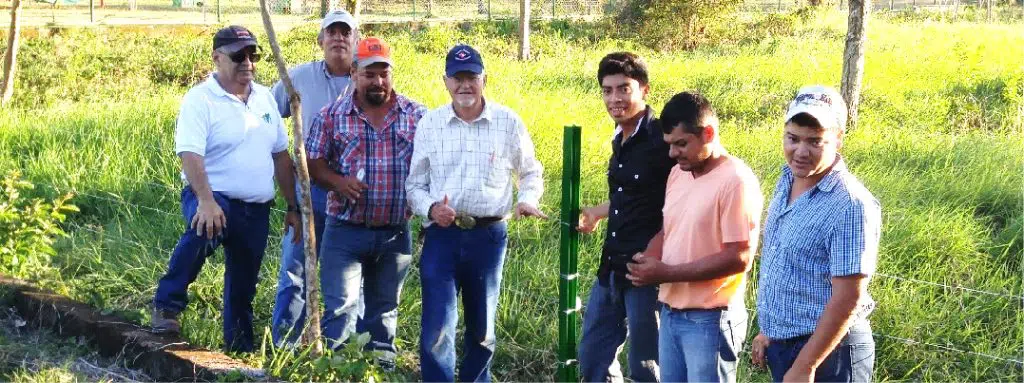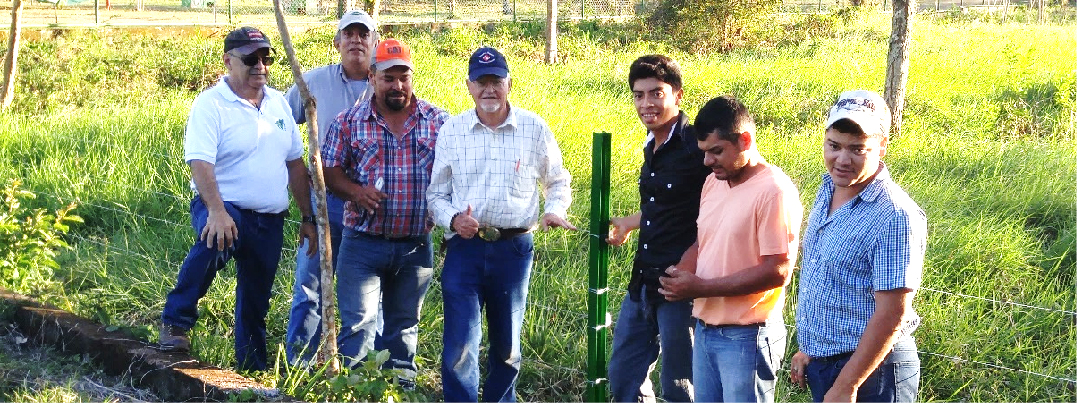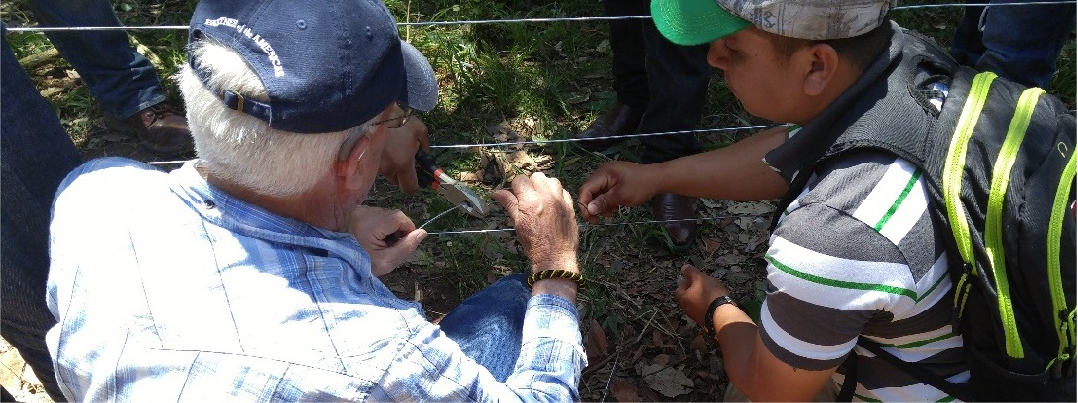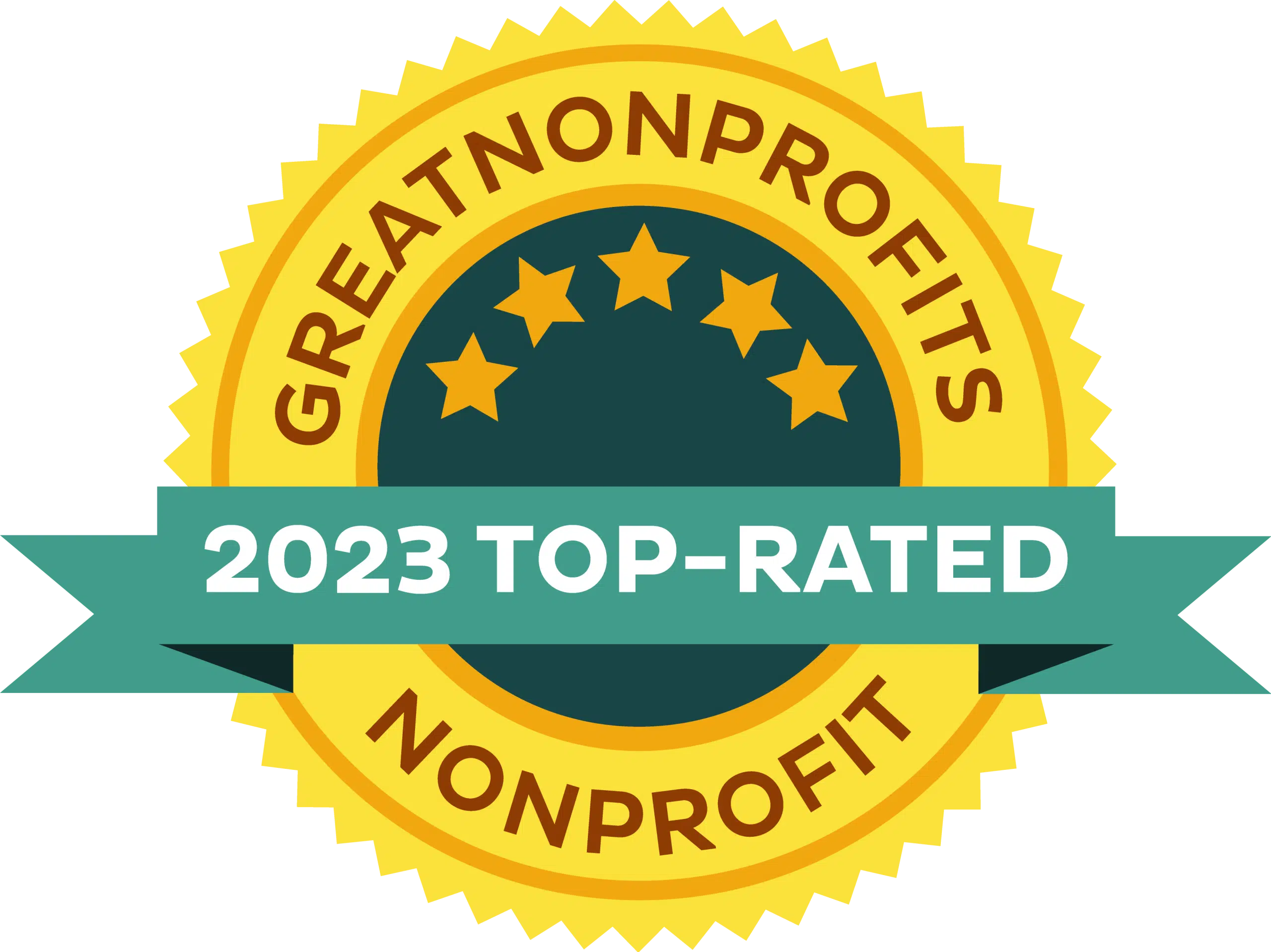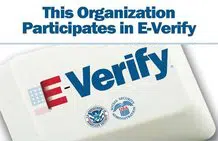Partners’ Agriculture and Food Security programs contribute to global nutrition security and livelihood development by strengthening organizational and individual capacity. Our expansive network of specialized volunteers, development experts, collaborating organizations and local leaders helps us increase food production and income, promote improved nutrition and support sustainable economic growth and environmental conservation across the hemisphere.
Our Farmer-to-Farmer program recently sent two volunteers, Connie Burleson and Wayne Burleson, on an assignment to Nicaragua. Connie Burleson’s assignment consisted of providing training to school teachers on how to implement hands-on activities and lectures to teach children about vegetable, sustainable crop, and orchard management, as well as harvesting methods and composting. Wayne Burleson provided trainings to CONAGAN and CANICARNE technicians and producers in the use of rotational grazing practices with electric fences at their model dual-purpose cattle production farm.
Wayne, a retired range scientist and land management consultant, provided training in rotational grazing, through the use of electric fencing, to technicians and producers of the National Cattleman’s Commission of Nicaragua (CONAGAN) and the Nicaragua Chamber of Beef Industry Exports (CONICARNE), both based in the capital city of Managua. Meanwhile, his wife, Connie conducted workshops on composting, gardening, and sustainable crop management to children and students in the communities of Nueva Guinea and Camoapa. While the pair worked separately throughout most of their trip, their work overlapped in the city of Camoapa, a region known for its large cattle production and home to the Hogar Luceros del Amanecer, a semi-residential program ran by the Sunrise Foundation to provide educational and social services to youth in the community.
During his assignment, Wayne provided a formal presentation on the importance of rotational grazing using electric fencing to bolster livestock production at the Foro Lechero Nacional, a national dairy forum which had over 100 cattle producers in attendance. Similarly, he shared this information with the students and producers at the CONAGAN training center, Rancho Rojo in Camoapa, and the Universidad Nacional Agraria in Managua, where he also provided a demonstration of a bull pasture using electric fencing to students. Through his work, Wayne left the producers and students in these regions with a better understanding of the importance of electric fencing and rotational grazing to not only create more grazing flexibility and better animal health, but also to improve livestock and forage production that will in turn result in larger profits.
Aside from Wayne’s key introduction to rotational grazing, Connie’s trainings, workshops, and demonstrations provided the children of Hogar Luceros del Amanecer with valuable lessons in composting and gardening to increase the availability of healthy vegetables in the community. Her fun and interactive demonstrations on composting and creating planting pots out of newspaper were well received, and her passion for teaching about the value of organic and healthy food options was apparent. Connie was also able to increase the awareness of co-op members at the National Union of Farmers and Ranchers of Nicaragua (UNAG) on the importance of composting and teach them how to build compost piles.
